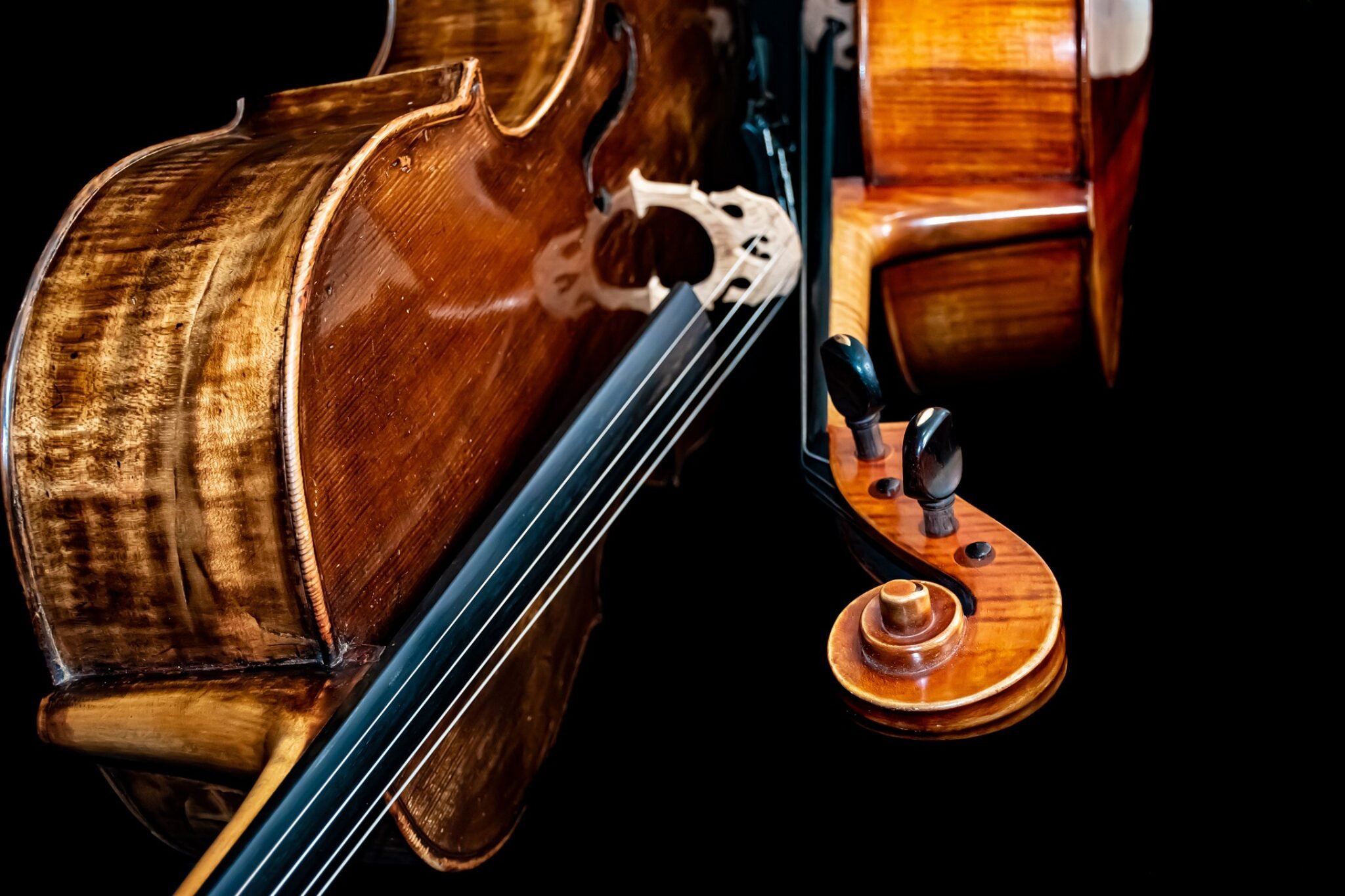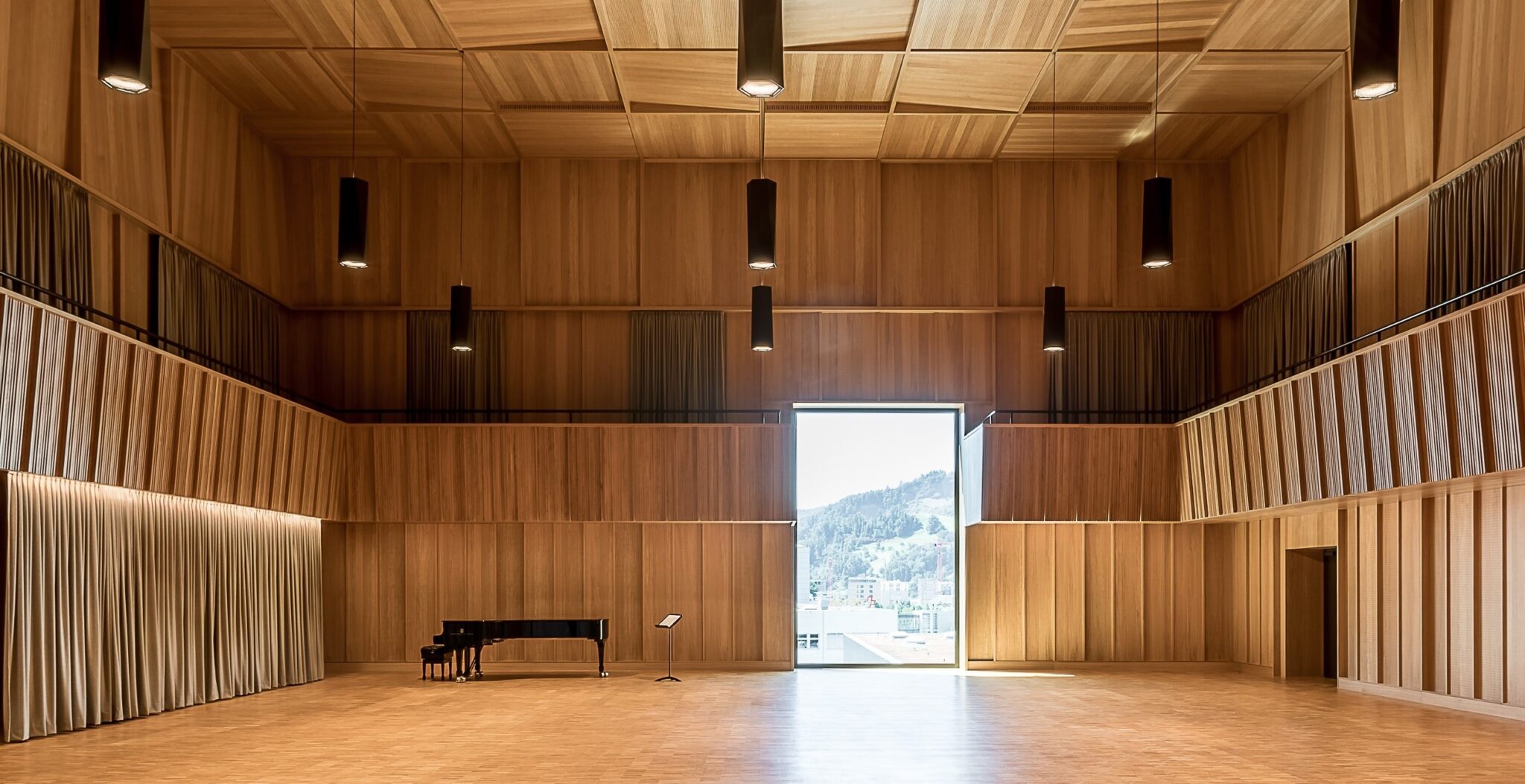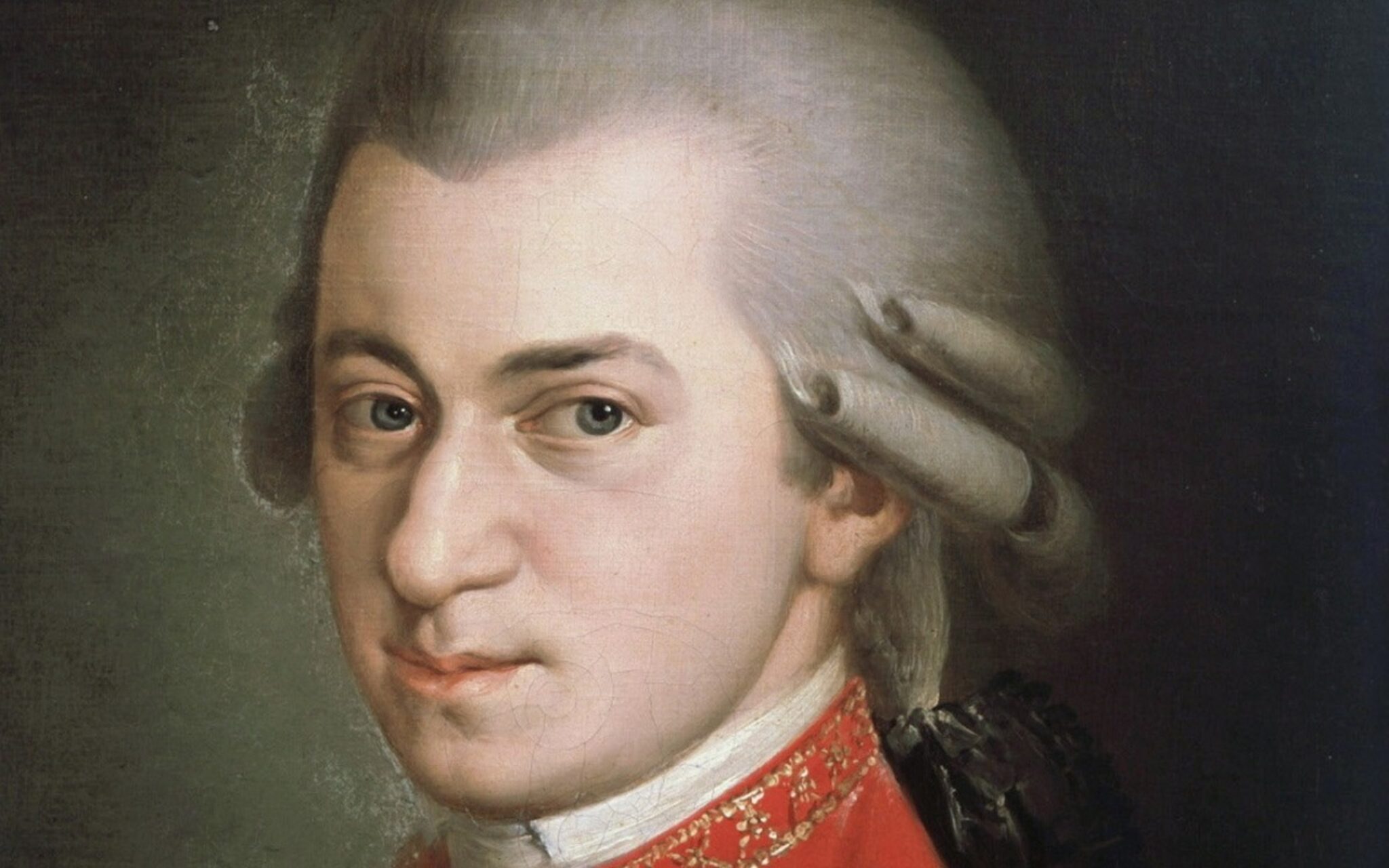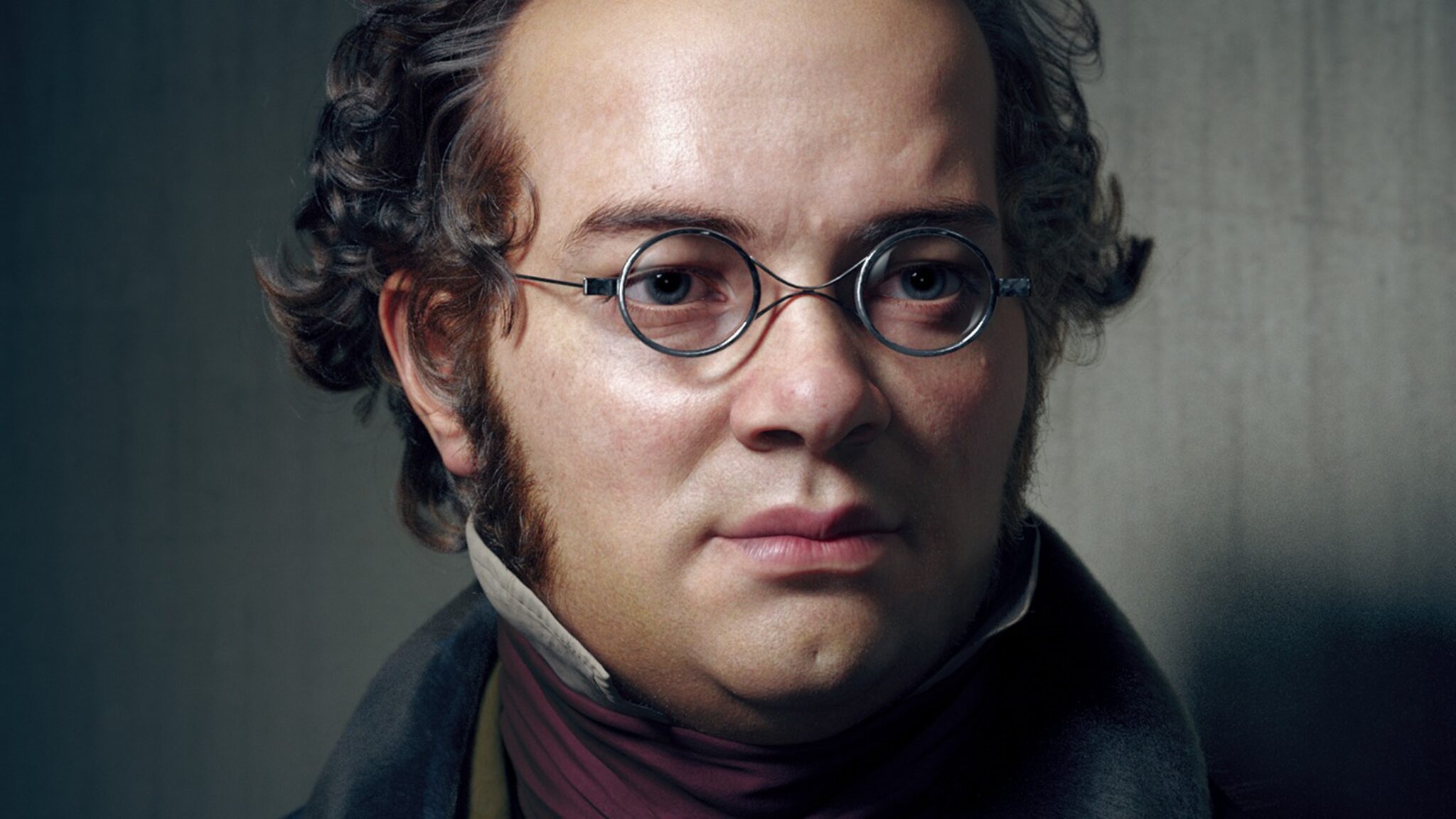

Line up
- 1. Violine
- Viola
- Violoncello
- Solo Kontrabass
- Piano
Program
-
Franz Lehár (1770-1948)
-
Gold and silver waltz
-
-
Maria Theresia von Paradis (1759-1824)
-
Sicilenne
-
-
Fritz Kreisler (1875-1962)
-
Little Viennese March
-
-
Johann Strauss (1825-1899)
-
Furioso-Polka
-
-
Franz Liszt (1811-1886)
-
Noturno Nr. 3 Liebestraum
-
-
Schubert-Liszt-Suits
-
Soirées de Vienne Nr. 6
-
-
Richard Strauss (1864-1949)
-
Rosenkavalier waltz sequence
-

For spontaneous determined:
Tickets are also available at the box office before the concert















